Story Movie
![The Lighthouse 4K 2019 Ultra HD 2160p]()
The 1890s, somewhere off the coast of New England. A young man, Ephraim Winslow, arrives on a remote island to work as the new assistant to the lighthouse keeper, Thomas Wake, a lame, bearded drinker. He treats his subordinate as his personal slave and forbids him to go up to the lighthouse itself and operate the lights. Ephraim is not let go of his own past, so that at first he refuses to drink, and soon all sorts of devilry begins to happen on the rocky island, whether he is imagining it or not.
Review 4K Movie
In these unstable times, when the familiar becomes shaky and fragile, I am not particularly optimistic. I am even interested in this question: the last works of writers - what were they? It's very curious to find out what kind of text was an author's last lifetime.
For Edgar Allan Poe, for example, it turned out to be an unfinished "Lighthouse" - a rough fragment of a story survived, more like an attempt to record on paper the results of the author's observation of his own psychological state. The excerpt:
"1 Jan. 1796. Today-my first day in the lighthouse-I am making this entry in my diary, as I have arranged with Degraet. I will keep the diary as carefully as I can - but who knows what can happen when one is left, like this, all alone - I may fall ill, and it may be worse... For now all is well! The boat was barely saved, but is it worth mentioning since I got here in one piece? I am relieved to think that, for the first time in my life, I shall be all alone, and I cannot think of Neptune as a "society" however great it is. If I found in 'society' half the loyalty that this poor dog has, I would probably not be separated from 'society,' even for a year..." (translated by Z. E. Alexandrova).
Edgar Poe's unfinished story is the basis of Robert Eggers' new work (in 2015 he debuted with the film, The Witch, for which he wrote the script himself).
The young director made a second feature from his own script and this time, too. So last year's film can be considered an auteur's film (sleep well, Edgar. There's no need to roll over in your coffin).
To say that Willem Dafoe is an actor known to all and very capable is to sign one's own incompetence. Other epithets are needed here. Instead of staking on literalness, I will remember an example from almost three years ago. On April 14, 2020 the thriller "American Psycho" (starring Christian Bale and Willem Dafoe) celebrated its 20th anniversary. Recall, in the adaptation of the novel by Bret Easton Ellis, Defoe played Donald Kimball, a private investigator who suspects Bateman's criminal activities, but cannot sensibly prove it throughout the action.
An interesting fact about "American Psycho" is that director Mary Harron asked the Green Goblin to play each of his scenes in three different ways:
First, as if the detective knows that Bateman killed Paul Allen;
second, as if he didn't know at all;
and third, as if the detective wasn't sure what was going on.
As you can guess, the director then mixes all these variations together so that we, the audience, will be intrigued by what's happening on the screen, being somewhat perplexed.
So Defoe is a man, to put it mildly, raisinous. He has a lot of experience.
In "Beacon", the artistic landscape of which is deliberately limited both territorially and in color, Defoe's theatrical persona is more evident than ever.
When I watched the picture for the first time, I was unaware that it was based on material by an American writer. This ignorance didn't prevent me from associating the American director's "Lighthouse" with the gothic prose of Poe and Lovecraft (the latter is a far cry from the former). The black-and-white video only adds the right atmosphere to "Beacon". Hitchcockian suspense is also there (the first thing that comes to mind is Alfred's "Psycho", then "Island of the Damned", Martin Scorsese's color thriller with a flavor of anti-psychiatry).
"Beacon," as with pictures like "Dog Day Afternoon," must be watched to the end. If you have the guts. Alienation, paranoia, walking on thin ice between truth and fiction, hubris and trying to take a place that doesn't belong to you-all these themes work wonderfully, whichever episode of this gray mosaic you take.
I mentioned Willem Defoe's textured performance, and yet Robert Pattinson, playing the role of the lighthouse keeper's assistant, did an equally commendable job. An unexpectedly powerful duo! The difference in age between the old man and the young man from the first minutes of the film will suggest to the sensitive viewer the likelihood of a generational conflict.
Knowing that couch critics often bring up Pattinson's appearance in "The Twilight Saga" (as if the British actor hasn't outgrown the graffomaniacal "Twilight" adaptation), let me say something different: while in isolation, watch at least these two films featuring him: the crime-driven "Good Time" (2017, directed by. Josh Safdie, Benny Safdie) and Claire Denis' more measured and visceral sci-fi drama, High Life (2018). Draw your own conclusions. Anyone who's seen the new "Batman," though, has it all figured out.
The appeal of "The Witch," a film grim in its beauty, lay largely in the director's deft handling of folklore. I remember that the final part of the debut full-length stunned me with its monstrously wonderful finale ("The Witch", by the way, was also praised in its time by Greg Mackintosh - lead guitarist of Paradise Lost, Vallenfyre and Strigoi).
But, back to the review of the movie "based on". The concluding part of "Beacon" amazed me no less. Although the films are different, the author's view of what is going on is recognizable (I cannot condemn Robert for his craving for archetypal images, myths and legends - Eggers integrates them into his pictures successfully). That successful directors sooner or later take a detour into the other direction - responding to offers to make expensive blockbusters - is another matter - a job is a job.
"The Lighthouse," for all the heaviness and nervousness sewn into the fabric of the narrative by the inventive Eggers, is a film that, if it doesn't offer hope for the best in the abyss of despair, it certainly shows: everyone gets what they deserve. Justice has its own laws.
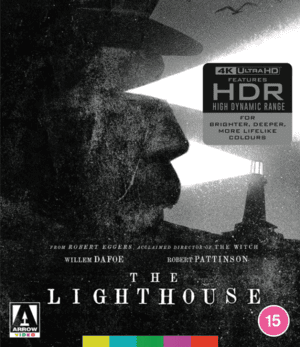



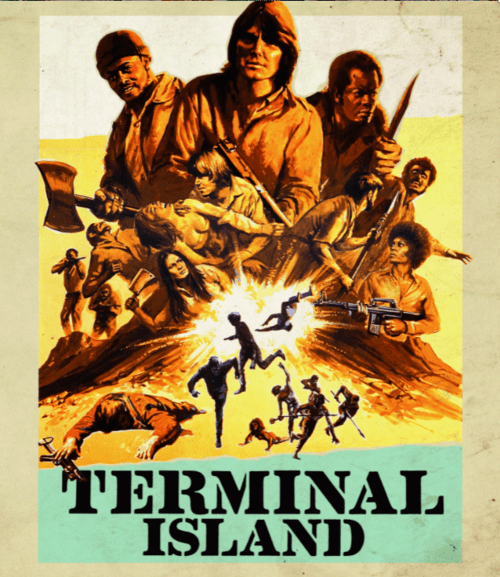 [/full-link]
[/full-link]
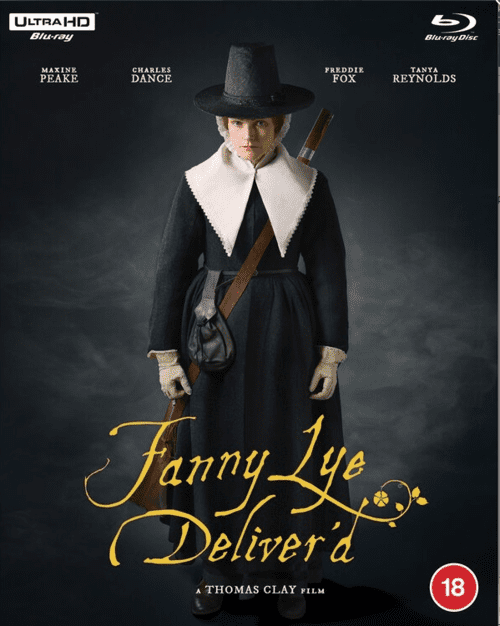 [/full-link]
[/full-link]
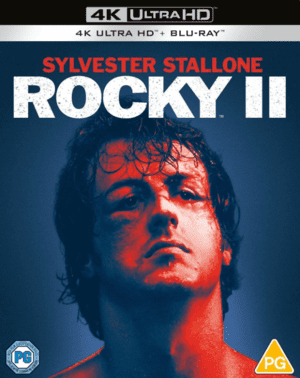 [/full-link]
[/full-link]
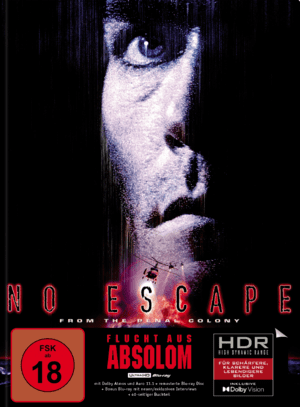 [/full-link]
[/full-link]
